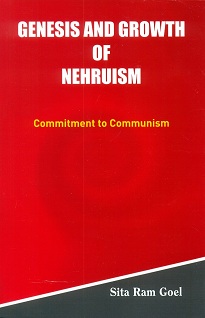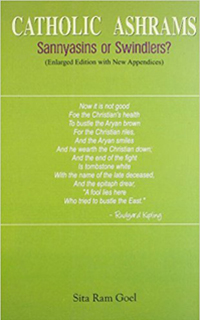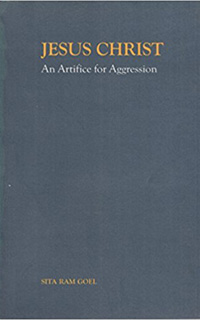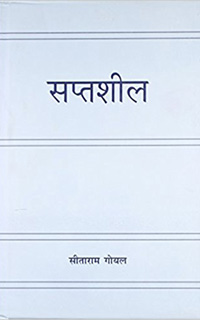Description
Secularism has become a hallowed word in India’s political parlance. Every political party subscribes to Secularism. Muslim and Leftist scholars and scribes of all hues have conferred on this concept a sanctity which is unknown in the history of India. They have been hailing it as the quintessence of what they uphold as India’s composite culture. Few people seem to know that Secularism as propounded and practised in post-independence India is entirely a contribution of Pandit Jawaharlal Nehru, and purely a product of his ideological commitment to Communism. It was quite early in his political career that Pandit Nehru had learnt studiously to look through Communist glasses at every problem that arose in India. In the process he had become more and more alienated from India’s indigenous society and culture, and at the same time more and more friendly to every force and factor which was out to disintegrate India, uproot its people and destroy its cultural heritage. He had ended by becoming a combined embodiment of all the imperialist ideologies that have flooded this country in the wake of foreign invasions or interventions–Islam, Christianity, White Man’s Burden, and Communism. This book documents, from Pandit Nehru’s own writings and speeches, the Genesis and Growth of his ideology–how he was drawn into the Comintern network in 1926; how he became a worshipper of the soviet Union after a brief visit to Moscow in 1927; how Lenin and Stalin became his heroes par excellence; how he smuggled the Comintern line into the foreign policy resolutions of the Indian National Congress; how he patronized and promoted the Communist Party of India and its fronts and fellow-travellers all through his life; and how he forced independent India’s foreign policy to follow consistently the line laid down by Moscow. The author’s conclusion that Pandit Nehru was a committed communist is confirmed in a Foreword by Philip Spratt, the topmost Comintern agent who came to India in 1926 in order to organise the Communist Party of India, who became the chief accused in the Meerut conspiracy case of 1929, but who later on turned against Communism after reading Mahatma Gandhi. This volume is a must for those who want to understand why India suffered humiliation at the hands of Red China, why Indira Gandhi packed India’s establishment with communists and fellow-travellers, and why she ended by imposing the Emergency. But, above all, this volume provides preparatory reading for understanding Pandit Nehru’s vitiated vision on all national affairs, which is the subject of Volume II to the published shortly.






